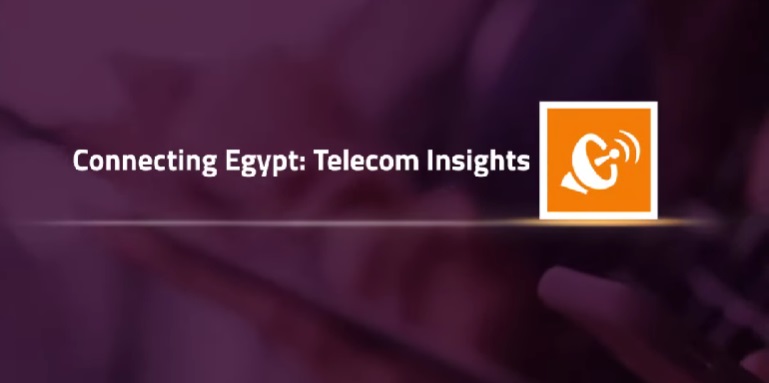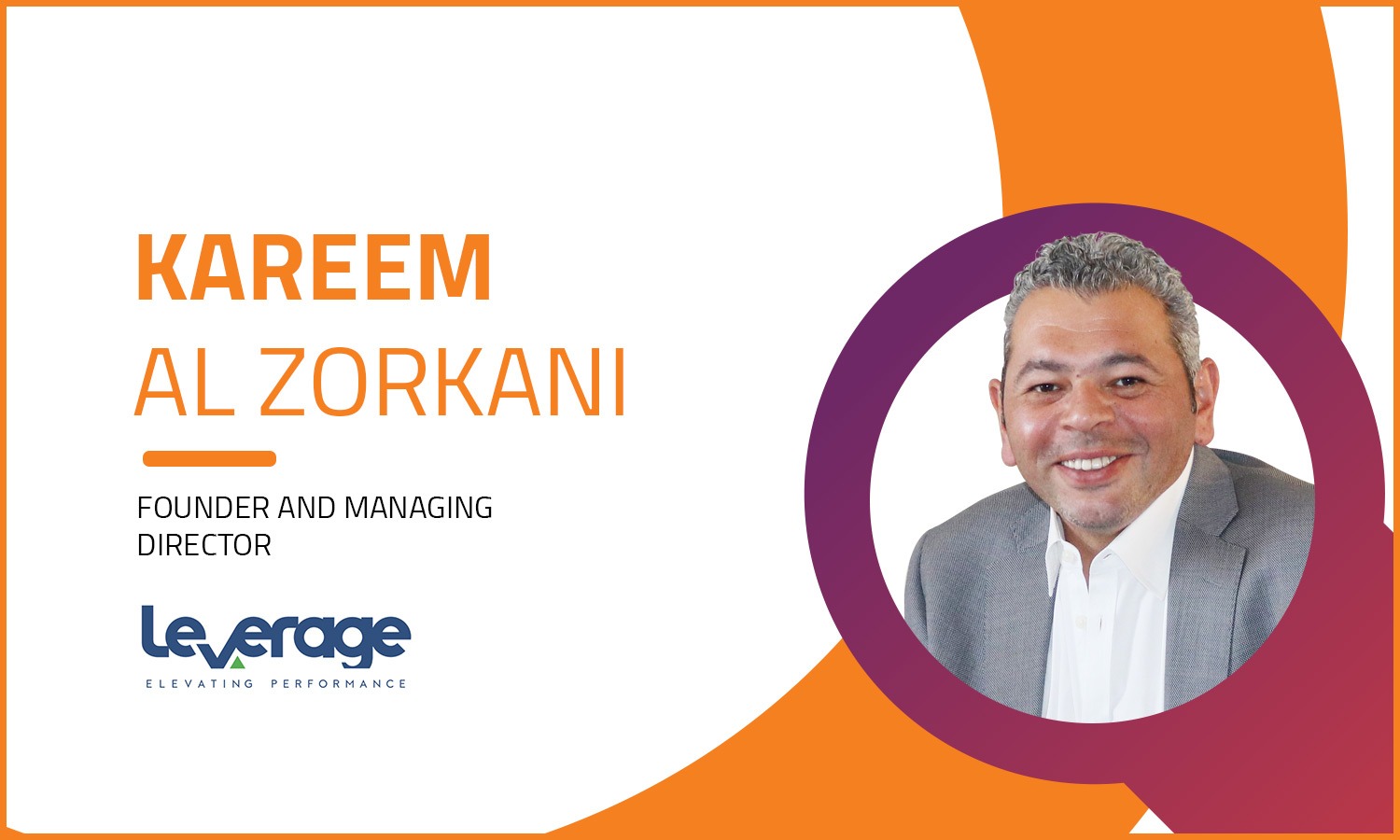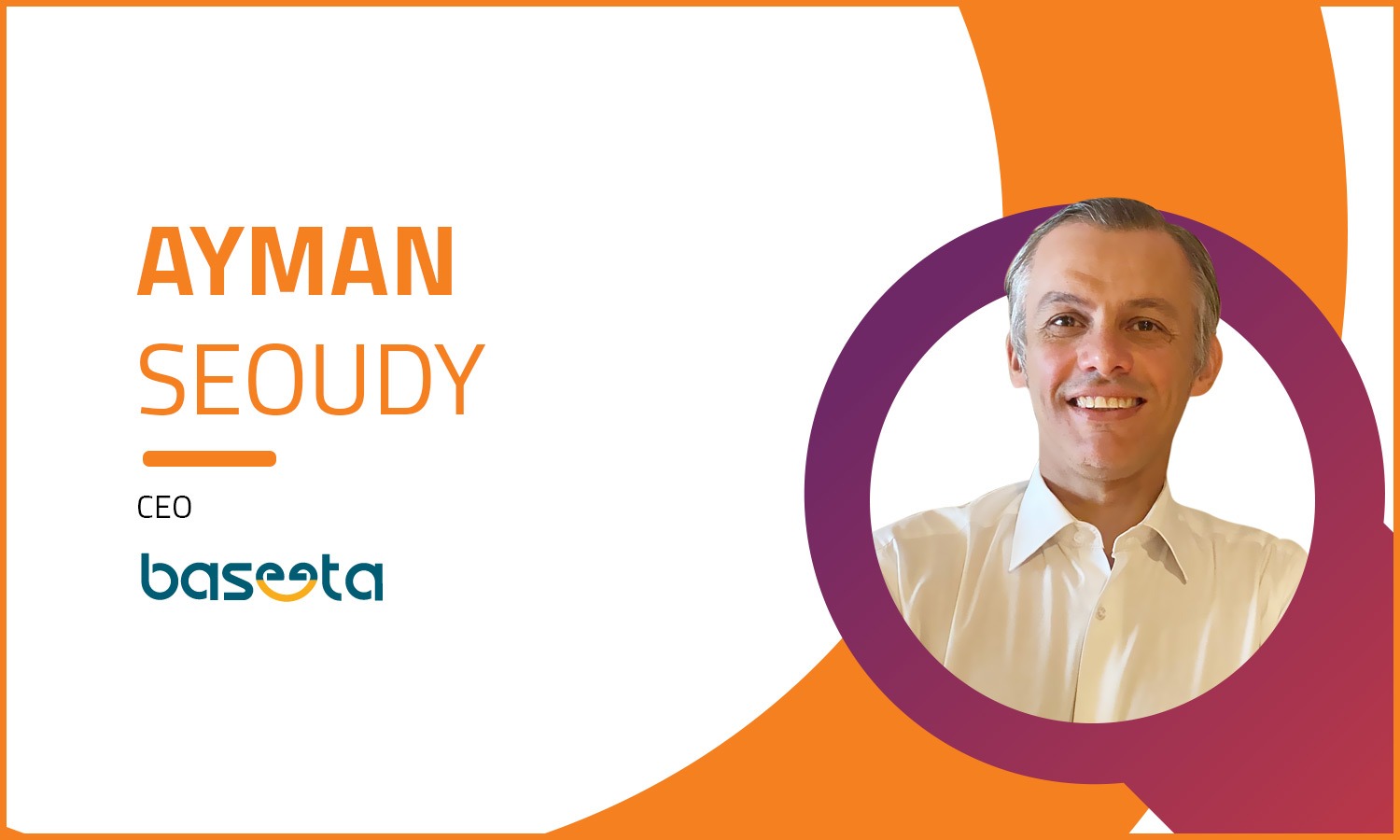Almouneer's App-powered Ophthalmology: Digital Solutions for Diabetic Patients
Updated 7/16/2024 8:00:00 AM
Arab Finance: Diabetes poses a significant threat to vision health, particularly through diabetic retinopathy. Recognizing this critical issue, Arab Finance interviewed Noha Khater, CEO and Co-founder of Almouneer. Almouneer was founded to address the growing need for specialized diabetic eye care.
This interview dives into Almouneer's innovative approach, leveraging digital health solutions to empower patients and transform diabetic eye care across the Middle East and North Africa (MENA) region.
1- Almouneer positions itself as a leader in ophthalmic care for diabetic patients. What inspired you to focus on this particular patient group?
Our inspiration to focus on diabetic patients stems from the significant impact diabetes has on eye health. Diabetic retinopathy, a common complication of diabetes, can lead to blindness if not properly managed. With the increasing prevalence of diabetes in the MENA region, there is a clear need for specialized ophthalmic care.
My background as an ophthalmologist specializing in retinal surgery, and my experience in managing diabetic eye diseases highlighted the urgent need for comprehensive care and innovative solutions in this field.
2- Almouneer recently partnered with the International Medical Center (IMC). How will this collaboration elevate the quality of diabetic eye care services in Egypt and the MENA region?
Our partnership with the International Medical Center (IMC) is a significant advance in diabetic eye care services.
By integrating IMC's comprehensive medical infrastructure and expertise with Almouneer's pioneering digital health technologies, we are creating a leading Center of Excellence for Eyecare and Digital Chronic Care Management in the MEA region.
This collaboration will provide patients with immediate access to world-renowned experts and innovative treatments, particularly focusing on corneal transplant surgery and diabetic eye care management.
Under the leadership of Major General Professor Dr. Hisham M. El Shishtawy and myself, this partnership aligns with President Abdel Fattah El-Sisi’s Egypt Vision 2030 health pillar and the Digital Egypt strategy, both of which emphasize enhancing access to high-quality healthcare through digitalization.
Patients will benefit from Almouneer’s advanced software, including our bilingual Arabic/English health companion app ‘dru’, and our custom-developed practice and patient management platform ‘NoRa’, which integrates seamlessly with medical diagnostics and imaging.
This collaboration ensures patients receive state-of-the-art, personalized care - improving early diagnosis and management of different eye conditions and diseases.
By combining IMC's innovative medical capabilities with our digital health solutions, we are setting new standards for patient care in Egypt and the MEA region, ultimately leading to improved patient outcomes and satisfaction.
3- Beyond the IMC partnership, what are Almouneer's long-term goals for expanding access to high-quality diabetic eye care across Africa and the Middle East?
Our long-term goals include expanding our reach across Africa and the Middle East by forming strategic partnerships with leading healthcare institutions and leveraging digital health technologies.
We want high-quality diabetic eye care to be accessible to underserved populations; to enhance patient education on diabetes management; and to integrate our solutions with more healthcare systems to create a cohesive network of care providers.
By doing so, we hope to reduce the incidence of preventable diabetic complications and improve overall health outcomes.
4- Can you elaborate on Almouneer’s "dru" app’s functionalities and how it empowers diabetic patients?
The dru app is designed to be a comprehensive companion for diabetic patients. It allows users to log health metrics, track their progress, and receive personalized health insights.
The app integrates with wearables such as continuous glucose monitors (CGM) and blood pressure monitors, providing real-time data to patients and healthcare providers. It also offers 24/7 medical support through chat and call features, connects patients with a network of healthcare providers, and allows for easy upload and access to medical records.
By empowering patients with these tools, dru facilitates proactive health management and better disease outcomes.
5- How does Almouneer's NoRa platform integration with medical diagnostics and wearables leverage digitalization to improve patient outcomes?
NoRa, our practice management platform, integrates seamlessly with various medical diagnostics and wearable devices, providing a 360-degree view of a patient's health.
This digital integration enables real-time data sharing between patients and healthcare providers, facilitating early diagnosis and personalized treatment plans.
By leveraging digital tools, we enhance the accuracy and efficiency of medical care, improve patient engagement and adherence to treatment, and ultimately drive better health outcomes.
6- How does Almouneer's focus on digitalization and technology align with Egypt Vision 2030 and the Digital Egypt strategy?
Our focus is perfectly aligned with Egypt Vision 2030 and the Digital Egypt strategy. These national initiatives emphasize the importance of leveraging technology to improve healthcare services and enhance the quality of life for Egyptians.
Almouneer’s innovative solutions, such as the dru app and NoRa platform, support these goals by providing accessible, high-quality healthcare services, promoting preventive care, and enhancing the overall healthcare infrastructure through digital transformation.
7- What are the key challenges you aim to address in the MENA region's healthcare landscape through Almouneer's services?
We address several key challenges, including the high prevalence and underdiagnosis of diabetes, low patient awareness and education about chronic disease management, and the fragmented healthcare system.
By providing comprehensive, digitally-enabled care solutions, we improve early diagnosis, enhance patient education, ensure continuity of care, and integrate health data across various platforms – creating a more cohesive and efficient healthcare system.
8- How has Almouneer's model been received by patients and the medical community so far? And how will Almouneer ensure its services remain affordable and accessible to a broad range of patients?
Almouneer's model has been well-received by patients and the medical community, with positive feedback on the ease of use, accessibility, and our services’ comprehensive nature.
To ensure optimum affordability, we offer subscription-based plans starting at a low cost. Meanwhile, our continued partnerships with government agencies and private enterprises boost accessibility.
Our commitment to leveraging technology also helps reduce operational costs, allowing us to pass on savings to our patients.
9- Almouneer has experienced significant growth recently. Can you elaborate on some key metrics that demonstrate this growth?
Currently, Almouneer serves over 200,000 patients via a network of 12 hospitals and clinics in Egypt, along with more than 50 independent doctors.
Our business volumes doubled in 2023, reaching 150,000 patients, and we recently completed a $3.6 million seed round to fuel further expansion.
Our digital health solutions have also seen increased adoption, with growing user numbers engaging with our dru app and NoRa platform.
10- Finally, what are your thoughts on the future of telehealth and digital health solutions in the region?
The future of telehealth and digital health solutions in the region is incredibly promising. With increasing digital health penetration, especially in countries such as Saudi Arabia and the UAE, there is a significant opportunity to transform healthcare delivery.
Telehealth offers convenience, accessibility, and cost-effectiveness - crucial for managing chronic diseases like diabetes.
As technology continues to evolve, AI is likely to play a vital role in healthcare across the region. We expect AI to be utilized more extensively in medical diagnostics, treatment planning, and personalized medicine. This will lead to improved patient outcomes, reduced healthcare costs, and enhanced efficiency in healthcare delivery.
AI-driven telemedicine platforms and remote monitoring systems will also become more prevalent, especially in rural areas, increasing access to healthcare services across the region. AI will continue to be integrated into healthcare administration processes, optimizing resource allocation, and improving overall healthcare management.
One example could be the widespread implementation of AI-powered predictive analytics systems in regional hospitals. These systems would analyze high volumes of patient data to forecast disease outbreaks, identify high-risk patients, and optimize resource allocation, such as staffing and medical supplies - to better respond to healthcare needs. This proactive approach can create more efficient healthcare delivery, reduced waiting times, and ultimately better patient outcomes.
Almouneer is at the forefront of this transformation, and we are excited to continue leading the way in revolutionizing healthcare for diabetes and obesity patients.
Related News











